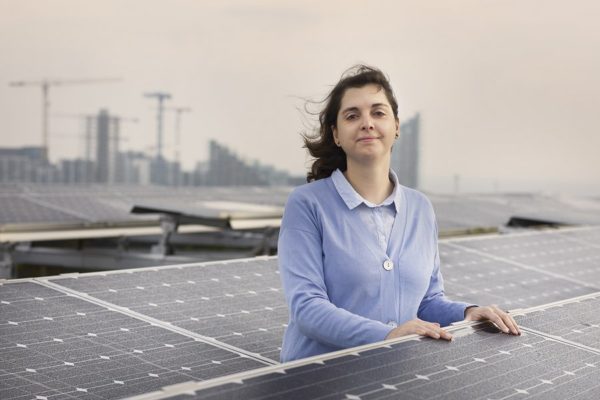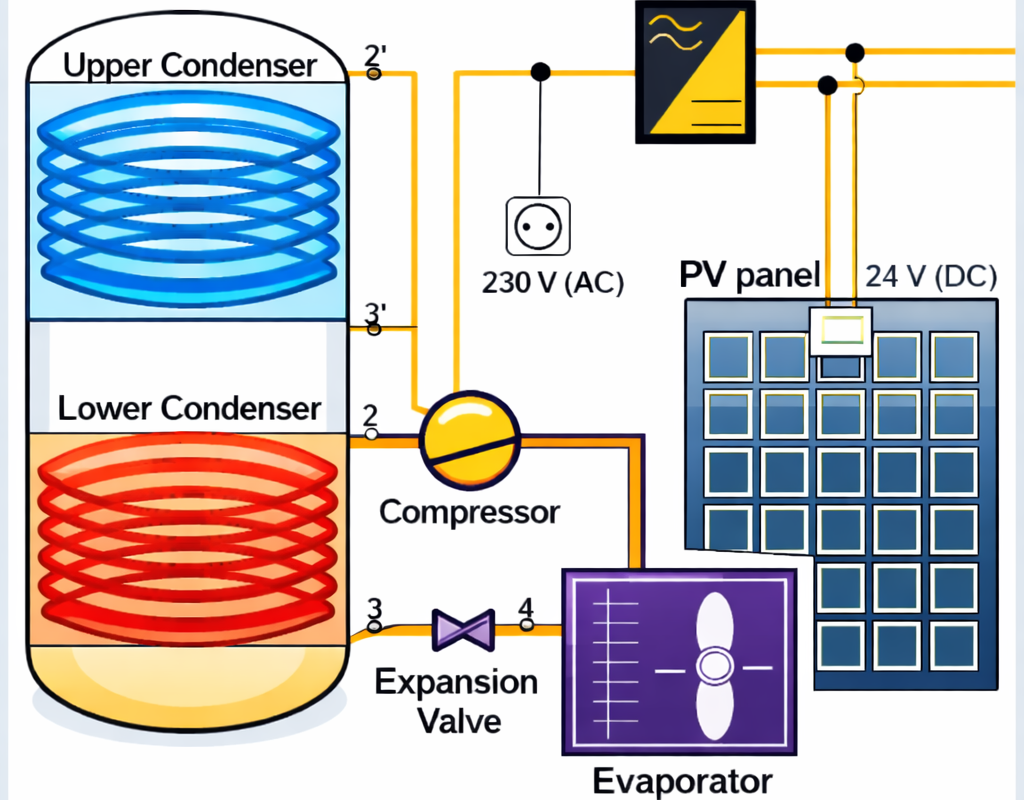The potential of solar PV to act as the main force to decarbonize the world's energy mix is still being fully underestimated by different scenarios provided by several important institutions, including the United Nations' Intergovernmental Panel on Climate Change (IPCC).
This conclusion was drawn by two separate studies published this week by scientists at Aarhus University, in Denmark, and researchers from the German Aerospace Center (DLR).
In a study published in Joule, Aarhus University professor Marta Victoria and other scientists from universities and knowledge institutions in the U.S., Europe and Japan have shown how the 2050 integrated assessment modeling (IAM) scenarios from the IPCC have underestimated PV over the past 14 years, thus confirming the results of previous research conducted by scientists at the University of Geneva, in Switzerland. “Our paper reaches similar conclusions that the paper by [Marc] Jaxa-Rozen and [Evelina] Trutnevyte [did]” Victoria told pv magazine. “But we focus more on explaining the reasons behind that, which means the limitations of the model.”

Image: Ida Jensen, AU Foto
The researchers analyzed, in particular, the integrated assessment models and partial equilibrium models used by the IPCC experts and found that the estimated levelized cost of energy (LCOE) for the PV technology was set too high. “Solar PV modules have maintained a learning rate of 23% since 1976, i.e., their cost reduces by 23% every time the capacity [manufactured] doubles,” the paper notes.
“All the models used by the IPCC in [its] reports apply a cost that falls to a minimum of €1 per installed watt in the year 2050. However, the average cost today is already cheaper than this. In other words, 30 years before previously assumed,” Victoria stated. “The IPCC emphasizes other energy sources and technologies and underestimates the contribution from solar cells.” According to her, the international institution should acknowledge the primary role of the PV technology in the global energy transition.
In another paper, published by Energy Strategy Reviews, researchers from the German Aerospace Center have compared cost assumptions for solar and wind technologies in global, regional, and national energy scenario studies from different institutions with the costs reported by the renewable energy industry. “Our results indicate that the trend of rapid cost declines has been structurally underestimated in virtually all future energy scenario analyses, and suggest that even the most recent studies refer to obsolete or very conservative values,” the authors of the study stated.
The German group selected scenarios that were released after 2015, including a long-term scenario of the energy system including the capacity structure for the power plant fleet, and provided cost estimates for capex and LCOE. “There are six regional or national studies that cover the USA, China, [the European] Union, India, Brazil, and South Africa, while the rest are … global,” the German paper specified. The studies were published by scientific researchers, government bodies, or non-governmental organizations including the U.S. Energy Information Administration (EIA), the European Commission, the Indian government, the International Energy Agency (IEA), and the International Renewable Energy Agency (IRENA), among others.
The paper notes that only one of the selected studies assumes that the LCOE of solar in 2050 will be lower than today's auction values. “In other words, planning agencies use costs of PV for 2050 that have been invalidated in today's market,” the paper's authors emphasized.
They explained that the economic potential of solar and renewables keep being largely underestimated while energy transformation and mitigation costs, by contrast, are being overestimated. “Researchers should also update assumptions on economic lifetimes, full-load hours, systems’ degradation, and operation and maintenance costs,” concluded the German group.
This content is protected by copyright and may not be reused. If you want to cooperate with us and would like to reuse some of our content, please contact: editors@pv-magazine.com.




PV LCOE projections are definitely still too high. For some reason, the US DOE right now is planning another 50% reduction based almost completely on PV Cell cost reductions even though there are still additional significant PV Installation cost reductions also possible. We are in an unfortunate moment where people are rightfully fearful about “jobs”, but that is causing them to fail to understand the progress automation will bring once we are back to full-employment in a year or so. There’s at least 10% more utility-scale PV cost savings that can be eliminated in the installation process with higher wage jobs as we start to fully drive to RE100 and need that volume of PV installation.